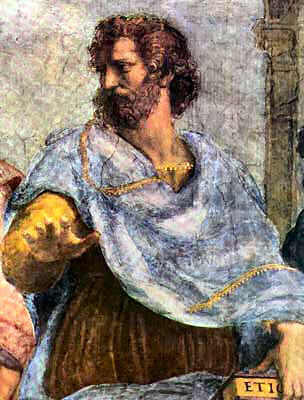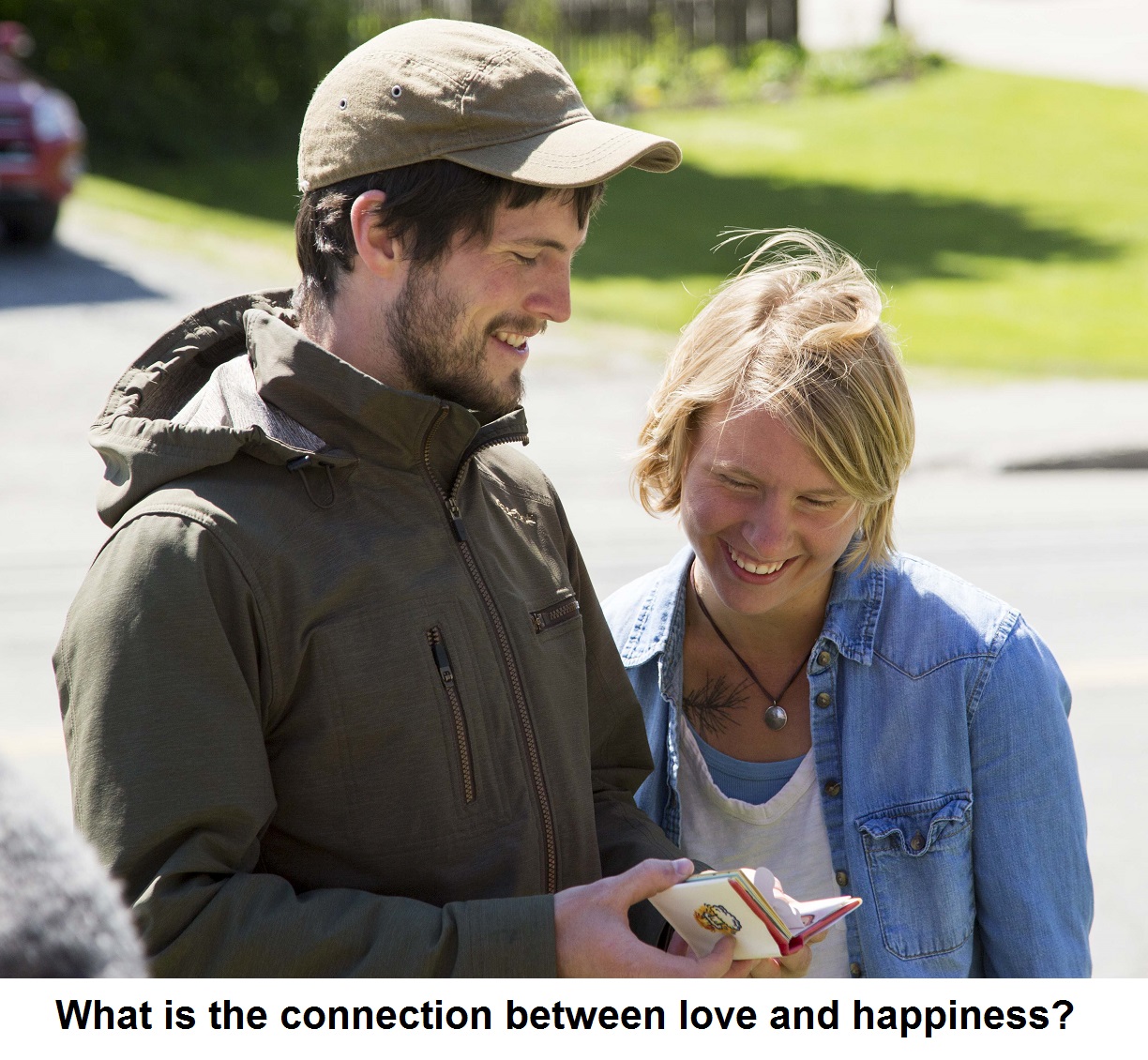The Philo-Practice Agora
The electronic library for philosophical practitioners from around the world
ARISTOTLE
Happiness as a rational, virtous activity Aristotle (384 – 322 BC) was one of the most important philosophers in the history of Western philosophy. He was born in Macedonia, was a pupil of Plato, and later was a tutor of Alexander the Great. His writings are systematic, covering most aspects of reality and life. They exerted a tremendous influence on the history of philosophy.
Aristotle (384 – 322 BC) was one of the most important philosophers in the history of Western philosophy. He was born in Macedonia, was a pupil of Plato, and later was a tutor of Alexander the Great. His writings are systematic, covering most aspects of reality and life. They exerted a tremendous influence on the history of philosophy.
The following passages are adapted from Aristotle’s Nicomachean Ethics, an important treatise on the principles of ethics. Here Aristotle discusses happiness—“Eudaimonia” in Greek, which is not just a subjective feeling but a state of flourishing. Happiness is the highest aim of human activity, and is pursued for its own sake. Reason, for Aristotle, is the highest human faculty. Thus, happiness consists of rational activity in accordance with virtue throughout one’s life.
Happiness, then, is something final and self-sufficient, and is the goal of every action.
[…]
Now, if the function of man is an activity of the soul which follows or implies a rational principle, […] and if the function of a good man is to do the good and noble – if this is the case, then human good turns out to be activity of the soul in accordance with virtue. And if there are more than one virtue, then in accordance with the best and most complete virtue.
But we must add “in a complete life.” Because one swallow does not make a summer, nor does one day. Likewise, one day, or a short time, does not make a man blessed and happy.
[…]
This account is in harmony with those who identify happiness with virtue, or some specific virtue. But it makes a big difference whether we identify the main good as the possession of virtue or as the use of it, in other words as a state of mind or an activity. Because the state of mind may exist without producing any good result, as in the case of a man who is asleep, or who is somehow inactive. But an activity cannot be like that.
[…]  Now, the pleasures of most people are in conflict with one another, because these pleasures are not pleasant by nature. But for the lovers of what is noble, pleasant things are by nature pleasant. And virtuous actions are like that. Therefore, the life of these people does not need pleasure as an additional attraction, because it has pleasure in itself. Because the man who is not happy to do noble actions is not even good, just as somebody who doesn’t enjoy behaving justly is not regarded a just man, and just as somebody who doesn’t enjoy liberal actions is not regarded a liberal man; and the same in all other cases.
Now, the pleasures of most people are in conflict with one another, because these pleasures are not pleasant by nature. But for the lovers of what is noble, pleasant things are by nature pleasant. And virtuous actions are like that. Therefore, the life of these people does not need pleasure as an additional attraction, because it has pleasure in itself. Because the man who is not happy to do noble actions is not even good, just as somebody who doesn’t enjoy behaving justly is not regarded a just man, and just as somebody who doesn’t enjoy liberal actions is not regarded a liberal man; and the same in all other cases.
If this is so, then virtuous actions must be in themselves pleasant. But they are also good and noble. And they are good and noble in the highest degree, since the good person makes good judgements about these things. Happiness, then, is the best, most noble, and most pleasant thing in the world.
Philosophers
-
- Philosopher
When you subscribe to the blog, we will send you an e-mail when there are new updates on the site so you wouldn't miss them.
